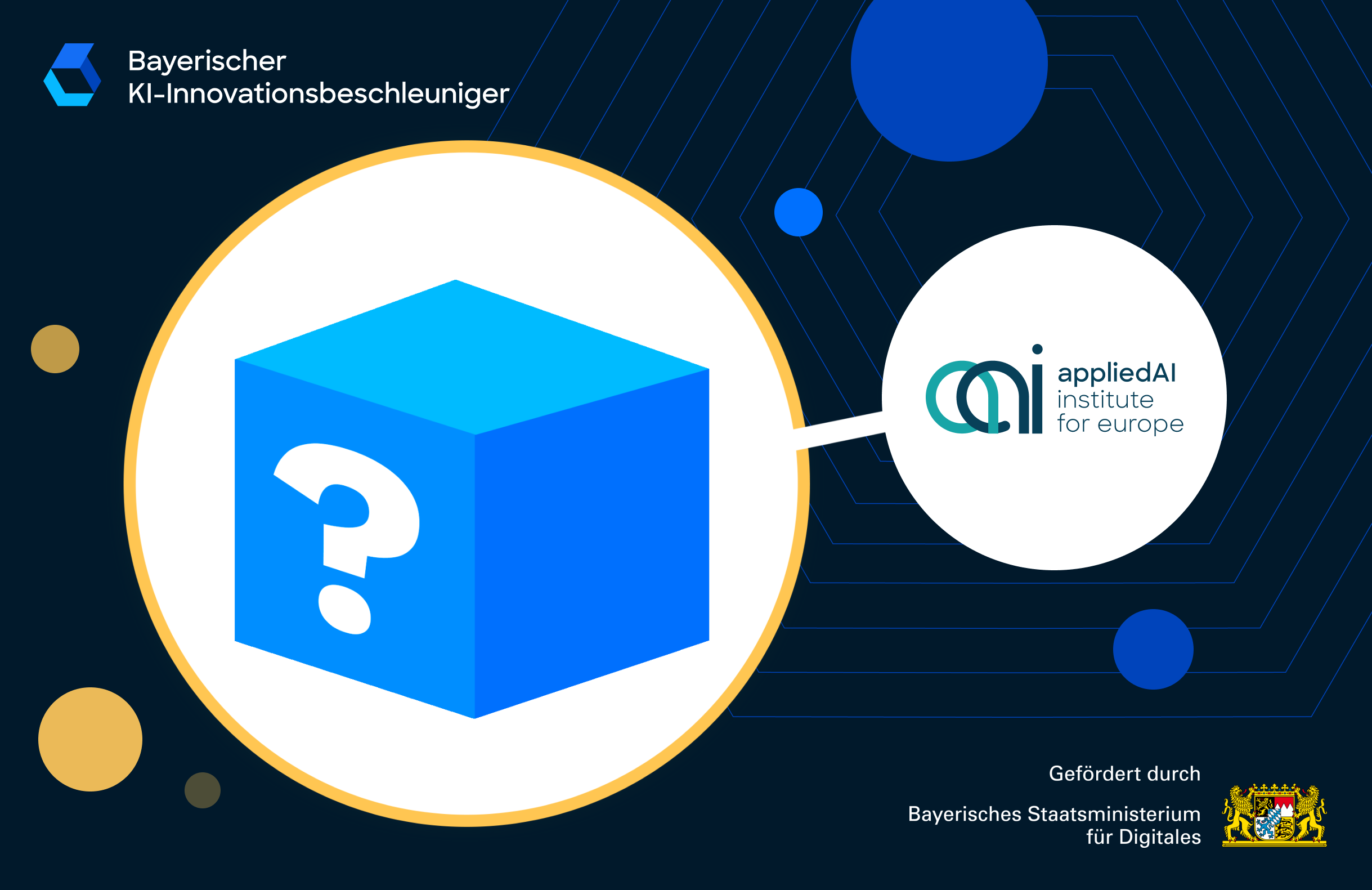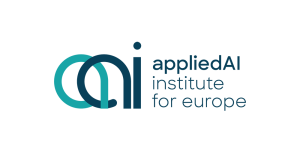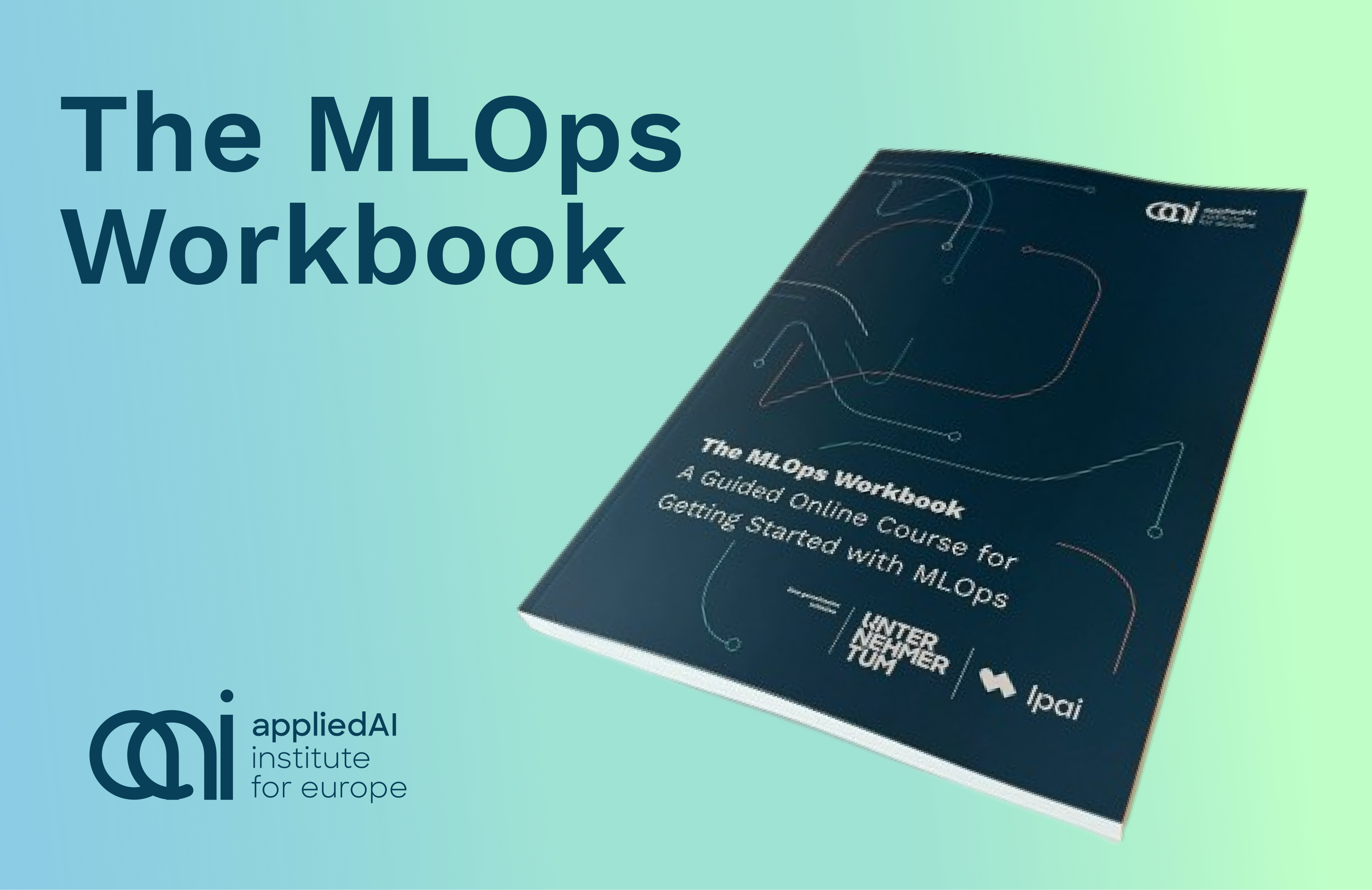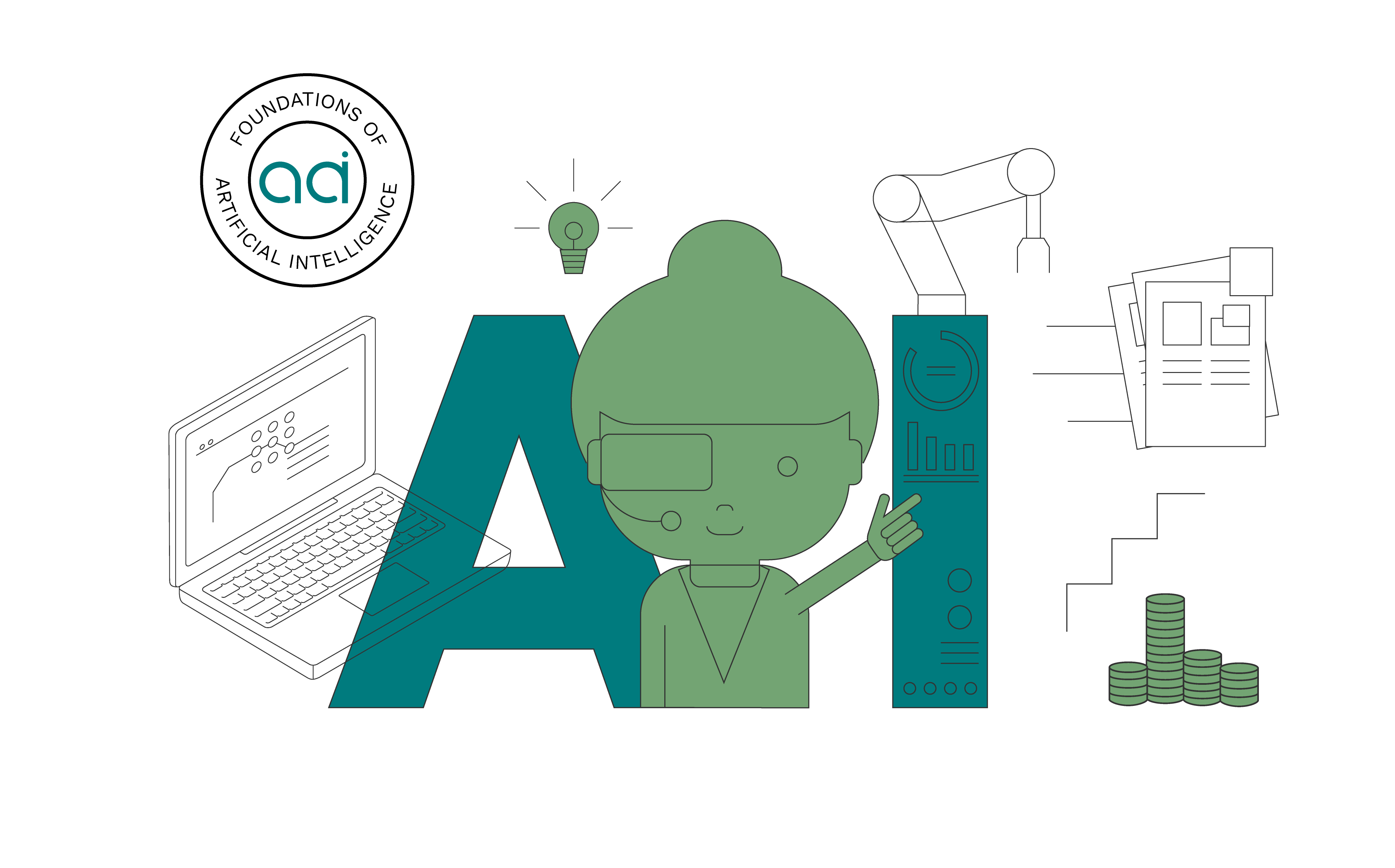
Das EU-KI-Gesetz steht vor der Tür, aber was genau bedeutet es für KI-Ingenieure und Unternehmen, und wie kann erklärbare KI helfen, die Einhaltung der Vorschriften zu gewährleisten?
Dieser Kurs soll KI-Ingenieuren und technischen Fachleuten das nötige Rüstzeug an die Hand geben, um die Bedeutung und die Auswirkungen von erklärbarer KI (XAI) im Rahmen des EU AI Act zu verstehen. Im Laufe des Kurses werden wir die Schlüsselkonzepte der Erklärbarkeit, ihre Relevanz für Themen wie Bias, Sicherheit und Vertrauen sowie die Frage untersuchen, wie diese Aspekte die Einhaltung von Vorschriften für KI-Systeme mit hohem Risiko erleichtern können.
Am Ende dieses Moduls weißt du, warum Erklärbarkeit in KI-Systemen von entscheidender Bedeutung ist und wie sie effektiv umgesetzt werden kann, um die Einhaltung der Anforderungen des EU AI Act zu unterstützen. Dieses Wissen ist besonders wertvoll für Unternehmen, die sich durch die proaktive Einbindung erklärungsfähiger KI-Methoden einen Wettbewerbsvorteil verschaffen wollen.







